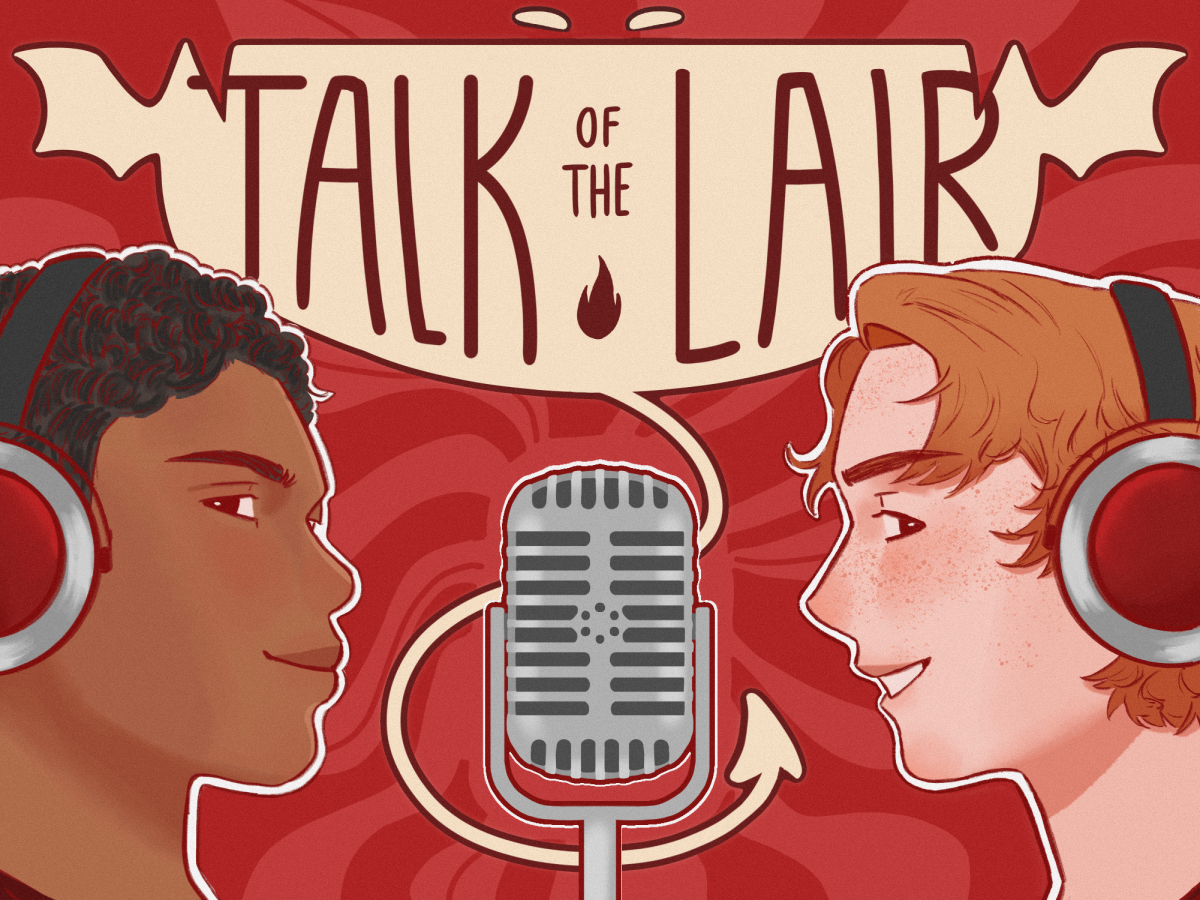When scrolling through Tiktok, or Instagram, one might find that their device is prompted to pay attention to what they are saying, bringing up ads or videos that match the content of their conversations. This is known as the algorithm and is used to target advertisements to people as a business strategy. However, there is much debate over whether or not this is an invasion of privacy, as on an iPhone, your microphone is always on, for Siri, certain apps, and for calls. This means that companies hold the ability to eavesdrop on your personal conversations or calls.
But, what does listening really mean? There isn’t much definitive public evidence that iPhones are actively listening to our conversations, but it seems plausible that companies could be listening to us through our devices. It could just be pure coincidence that we get ads that correspond to a conversation we just had, however, it’s most likely a mix of coincidence and reality. Targeted ads are often based on search history, location data and other online activities, but this still means that our phones are taking additional data from us, whether they’re directly listening or not.
The main factor that plays into this issue is called behavioral advertising. This form of advertising is used to essentially give the user what they want. By taking data from other websites and search histories, according to The Guardian, “a profile of you is built up over time based on your internet activity.” These profiles are used to collect important information on internet users, allowing tech companies to target ads to their liking. However, since companies are building themselves up to harvest as much data as possible, it’s difficult to avoid it.
This data collection is most commonly pulled from your location or browsing history. Smartphones and other devices with GPS can track our movements, which allows them to know our location at all times, and applications like maps, weather or even social media platforms can continuously log our locations, creating detailed records of our activities and patterns. These devices also carefully follow our browsing habits, including the websites we visit or things we search. Both of these points of data collection are what mainly go into our data “profiles”.
A digital footprint is the trail of data you leave behind when using the internet, which has become increasingly traced as the internet advances, making it especially important to be aware of what you’re posting/searching. Posting something negative or inappropriate online can harm your chances of getting a job or getting higher education, as many employers and colleges search your digital footprint to learn more about you. In an article written by The Temple News, a college recruiter stated in an interview that “It’s important to have a clean digital footprint because it could look bad on you, it could look bad on your friends, and social media can be edited and changed and screenshotted and screen recorded and taken out of context.” This issue of misinterpretation becomes increasingly more concerning as AI becomes more prevalent in society, as it’s even easier to fake information and falsify images now.
While these factors of data collection might be concerning, there are ways to potentially opt out of them through certain programs such as Global Privacy Control. Even simply regularly updating your device software to ensure that applications are up to date can help protect against these vulnerabilities. Staying informed about the latest developments in data privacy and security and understanding how data is collected and used can help in making decisions about device privacy.
In this fast-paced developing digital age, device privacy, and the extent of how much our devices know about us, are important issues that everyone should be aware of. Data collection and the concept of digital footprint are interconnected factors that affect our personal security, meaning that understanding and managing them can help reduce privacy risks. By staying informed, adjusting privacy settings and making mindful decisions about data sharing, we can better navigate and protect our online identities, and avoid any mishaps.















Mc Rib • Dec 10, 2024 at 11:24 am
Josh talked to me about the anime show he was watching and my phone was in my pocket and when I went home when I went on you tube the 2nd video was that specific anime. this is weird because I don’t watch anime at all I don’t like it my feed is just key and Peel and robot chicken star wars. Very odd I didn’t even search it up on my phone.